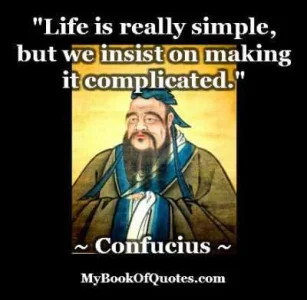Ifur
Banned
- MBTI
- INTJ
Wow, lol. Is your life directed by Wes Anderson or something?
LOL! Quite possible, met one of the life guards at the beach in Jamaica were i practiced swimming almost every day in a mall nearby.
So started talking about the small things and big things in life, he wasn't so sure about this whole dinosaur thing as it didn't fit with the bible and such.
He did however agree there was meaning and purpose into meeting people so that one touch at a personal level.
Have gathered a few of these over the years, the weirdest was a guy in a south park t-shirt sending over a bartender with a keg of beer while I was watching a sunset.
Asked why and he said I looked interesting and wanted a conversation, said he was a bartender at a resort with a photographic memory, so he could remember every drink and guest he had served.
That he tended to ask guests if they came back if they wanted the same as last year.



